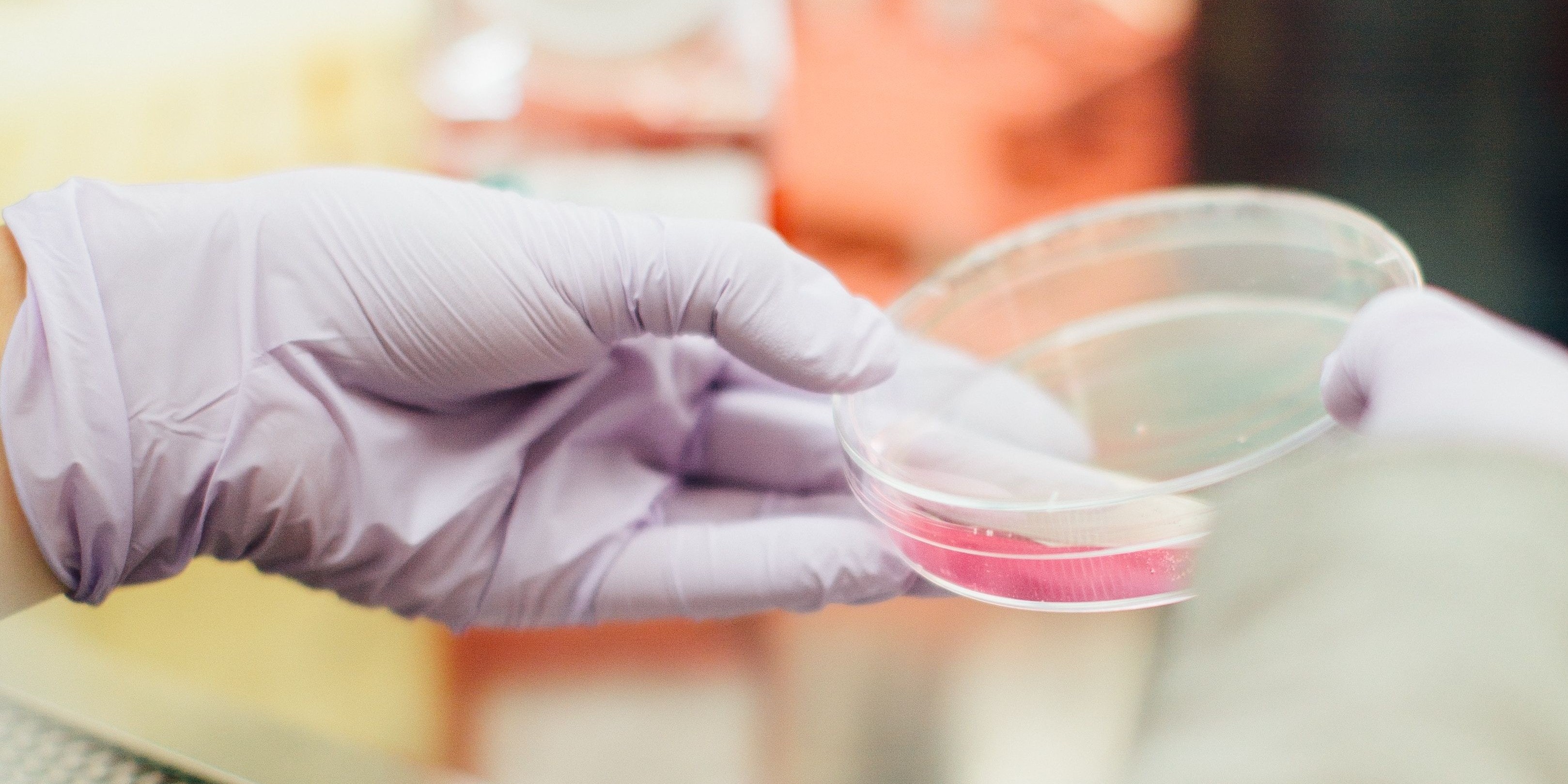Learn from Literature: developments in biotechnology
If the name Michael Crichton seems familiar to you, it’s quite likely because you know one of his most famous works, Jurassic Park. Another of his texts, Next, revolves around future developments and advances in biotechnology. Whilst the novel is fictional, it is based around biological concepts and practices that are being researched and utilised today.
There is a certain amount of ethical concern regarding biotechnologies which this novel does well to highlight. One notable example is the ownership of cells and tissues once they have been donated ‘to science’. Does the person who donated the cells retain ownership of them, even when the cells have been removed from their body? Does the researcher (or researching body, such as a university) have ownership of the cells, as they have technically been signed over by the donor? Does the donor have a say in what the cells are used for after donating them?
There is a certain amount of ethical concern regarding biotechnologies which this novel does well to highlight
If the donated cells are lost, does the researcher have the right to acquire more from the donor, or even the donor’s family, whether the donor agrees to it or not? Next explores this question and the somewhat morally dubious legal action taken after a biological research company loses a man’s very rare and valuable cells they had purchased.
Crichton explores other topics, including transgenic animals, and whether the practice of combining human and other animal genes should be allowed, let alone encouraged, and nature as a method of advertisement, using genetic modifications and nanotechnology to show the names of brands on corals or fish. He discusses the patenting of genes, enabling a company to essentially own a gene and everything to do with that gene, and whether this is an ethically justifiable practice.
He also considers the problems of sperm and egg donation. For example, young girls who sell their eggs for money, and how medical professionals aren’t necessarily obliged to tell their parents, or how anonymous sperm donation isn’t always that anonymous. Are the donors legally obliged to provide for the child if they’re found?
If the donated cells are lost, does the researcher have the right to acquire more from the donor, or even the donor’s family, whether the donor agrees to it or not?
Next addresses how genetic testing can lead to prejudice against people because of their genes. One character has his medical insurance revoked because the company he works for finds out his father carried a gene for a genetic disorder. Needless to say, the character was far from happy, but for the company it was simply a case of eliminating future risk for them.
Another character has got himself into serious trouble, and his lawyer is using his gene profile as part of his defence to say what he did was inevitable, that “he couldn’t help it.” Could this be the future of court cases, using someone’s genetics in their defence or even using it against them?
The novel highlights the reason why following the proper pathways for drug testing and record keeping during trials is absolutely vital – after humans are given a previously untested drug under the radar, and when unexpected side effects crop up, the families of the test patients are less than impressed and threaten legal action. This throws into question the validity of any paperwork kept about the tests – can you trust records kept about procedures that are technically illegal?
One character has his medical insurance revoked because the company he works for found out his father carried a gene for a genetic disorder
Overall, Next is a gripping novel, addressing both biotechnological advances and the legal and ethical implications that come with them. It’s eye-opening to see how easily seemingly beneficial developments in biotechnology, such as better screening for genetic conditions, can be manipulated, favouring those with greater power and resources, whilst pushing the ‘little man’ to one side. It really makes you consider how careful scientists must be in their work, and appreciate the necessity of the hoops which must be jumped through, even though they can slow the progress of vital developments in medical research.

Comments